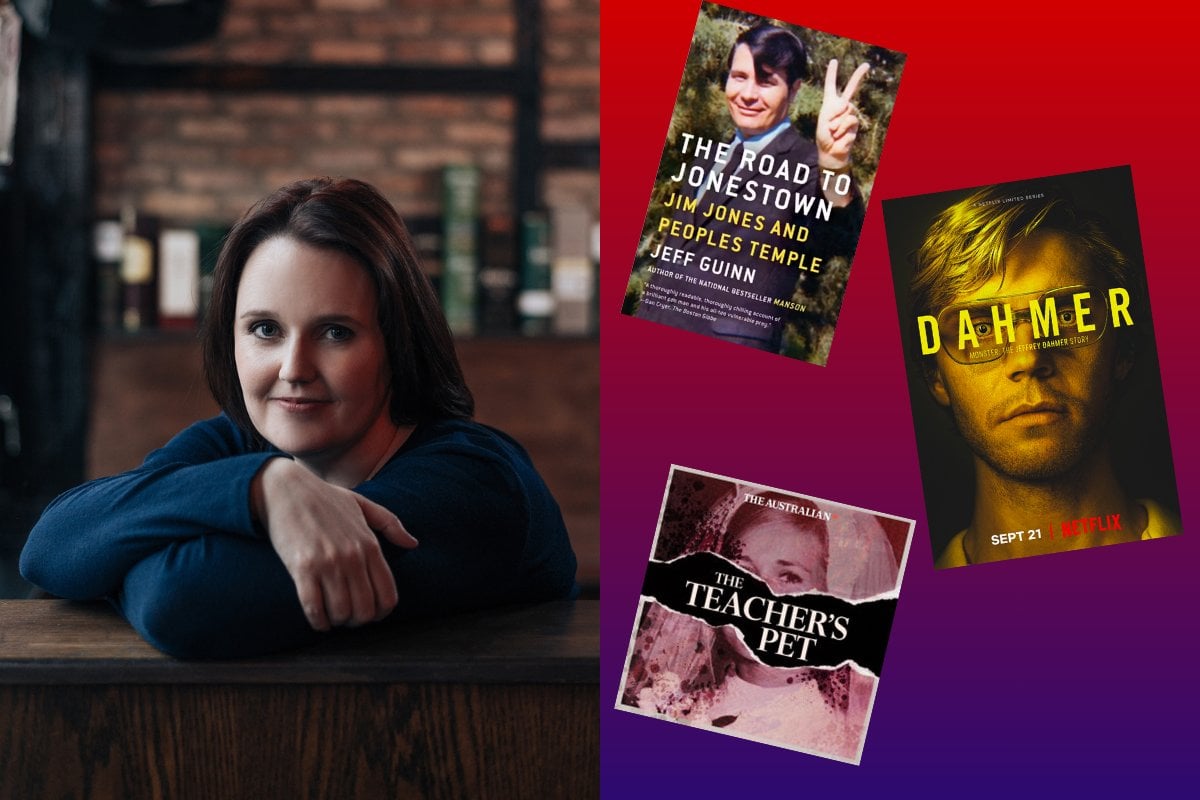
I love a good true crime podcast. Serial, The Trojan Horse Affair, Teacher's Pet... they've all kept me company on a morning walk.
True crime is perfect escapism. A choose-your-own-adventure, except it's real life. It hooks me (hooks all of us) with the promise of inside access, new evidence and old secrets, and the exposure of corrupt cops or negligent defence lawyers. I can even kid myself into calling it research. I write crime fiction, after all. I might learn something.
When I first started listening, I felt pretty good about this particular indulgence. When I pressed play on a podcast or clicked on a post, I was supporting the good guys. Intrepid investigative-reporter types who want to change the world for the better.
After all, we've all known podcasts that have actually made a difference in real life. Adnan Syed was released from prison (albeit briefly, at least at the time of writing) and Chris Dawson was convicted of murdering his wife.
Watch: The 5 most haunting true crime documentaries. Post continues below.
It's not that I wasn't always aware, on some level, of the seedier side of true crime, but my eyes were really opened when, in 2022, I started writing a novel about the disappearance and possible murder of a young woman. The novel isn't really about her disappearance, but about what happens after she's gone, when the story of her disappearance goes viral. In the book, the young woman (Nina) goes on vacation with her much-loved boyfriend (Simon) and only Simon comes home. I wanted to write a story about what the families do next. The increasingly extreme steps her parents take to get to the truth, the increasingly extreme steps his parents take to protect him, and the inevitable, explosive, conclusion.

Top Comments